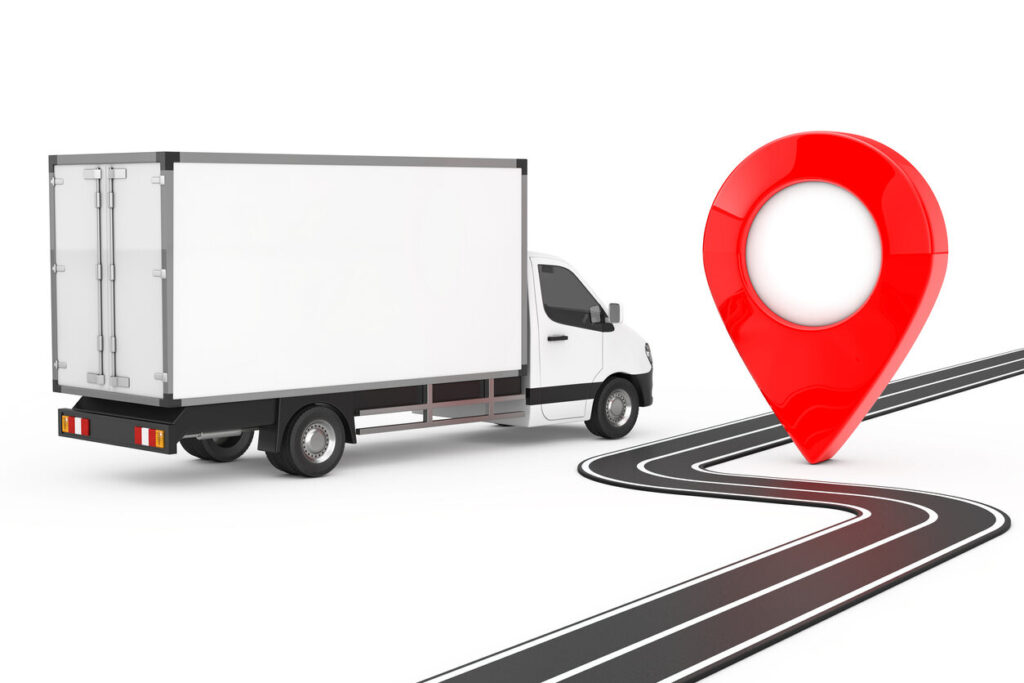Get Our Insider to Property Damage Brochure

How Attorneys Use GPS Data to Prove Liability in North Carolina Truck Accidents
April 4, 2025In the aftermath of a truck accident, determining precisely what happened and who is at fault is rarely simple. Commercial truck crashes often involve multiple parties, conflicting accounts, and serious injuries that leave victims unable to speak for themselves. That’s why personal injury lawyers increasingly turn to one powerful tool to uncover the truth: GPS data.
At Dewey, Ramsay & Hunt, P.A., our Charlotte truck accident attorneys understand how crucial digital evidence can be when building a strong case. Here’s how GPS tracking helps us prove liability and fight for the compensation our clients deserve in North Carolina truck accident claims.
What Is GPS Data, and Where Does It Come From?
Most commercial trucks today are equipped with GPS-enabled fleet tracking systems.
These systems collect real-time data about:
- The truck’s location and travel route.
- Speed and acceleration.
- Sudden braking or swerving.
- Stops and idle time.
- Hours of service (HOS) compliance.
In many cases, this data is stored by the trucking company or third-party providers and can be retrieved during the legal discovery.
How GPS Data Helps Prove Fault
Truck drivers and trucking companies may deny wrongdoing after a crash or offer incomplete or inaccurate versions of events. GPS data can be an impartial witness, offering precise insight into what happened.
It can help our attorneys:
- Reconstruct the accident: GPS data provides timestamps and travel paths that, when matched with the time of the crash, show where the truck was and how fast it was going.
- Challenge false narratives: GPS records can prove if a driver claims they were in a different location or driving below the speed limit.
- Confirm violations of federal regulations: Truckers must follow strict rules regarding drive time and rest periods. GPS data can show whether they were on the road longer than allowed, contributing to fatigue and the crash.
- Identify potential third-party liability: GPS records can reveal whether a route deviation or delivery pressure from the company played a role, exposing employer negligence.
Preserving GPS Data After a Truck Accident
One of the biggest challenges in using GPS data is securing it before it’s lost or overwritten. Trucking companies aren’t always eager to share this information, especially when it could expose liability. That’s why it’s crucial to contact an attorney as soon as possible after a crash.
At Dewey, Ramsay & Hunt, we send preservation letters immediately to prevent the destruction of key evidence like GPS records, black box data, and driver logs. We also work with accident reconstruction experts and digital forensic professionals to interpret complex data and present it clearly in negotiations or in court.
Let Us Help You Uncover the Truth
Truck accidents can leave victims with life-altering injuries and unanswered questions. GPS data helps fill in the gaps and strengthens your legal claim. If you or a loved one has been hurt in a truck crash in Charlotte or anywhere in North Carolina, our legal team is ready to dig deep, uncover the evidence, and hold the responsible parties accountable.
Contact Dewey, Ramsay & Hunt today at 704-377-3737 or online for a free consultation. We’ll fight to get the answers—and the compensation—you deserve.
Your Injury, Our Fight. How can we help you take a stand?
Because every case is different, the description of awards and issues previously managed by our law firm does not guarantee a similar outcome in current or future cases.

